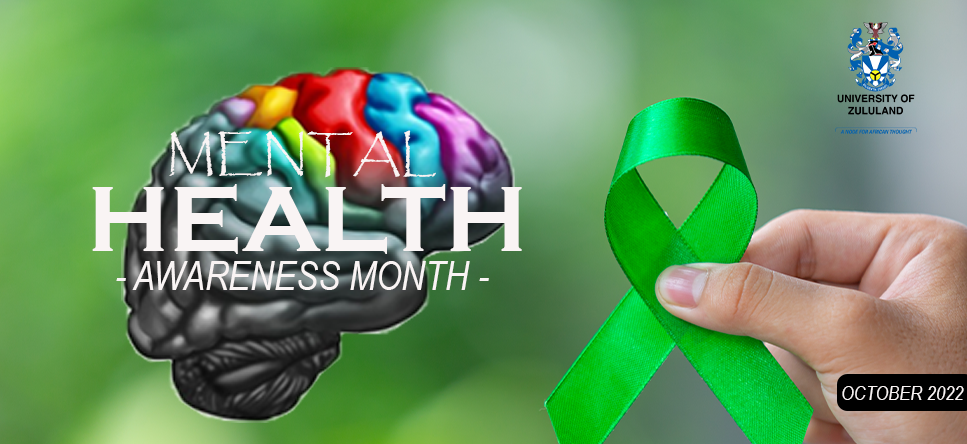OPINION PIECE: Prioritising mental, emotional, and social well being

What is mental health? And, why is mental health care important?
Mental Health can be defined as having and sustaining a healthy mind/mindset. In understanding mental health, it can be further explained as having four pillars, i.e., Physical, Cognitive, Emotional and Social well-being.
In an ever-evolving world of reaching goals and becoming successful, one leans upon the media’s portrayal of what success looks like. We are accustomed to believing that if we are healthy; eating a well-balanced diet and sufficiently exercise, with an over average income then we have reached the goal of self-actualization. However, we neglect understanding that this is only one part of human health. These goals too, are underwritten by mental health.
Of crucial importance in maintaining wellbeing is prioritising mental health care. With specific reference to psychological, emotional, and social well-being as it controls how we think, feel, and behave. In essence, our mental health also determines how we will handle stress, relate to others, and make wiser decisions.
One needs to maintain positive mental health and receive treatment if necessary to stabilize and endorse constructive behaviours, emotions, and social wellbeing.
Traditionally, anyone who speaks about mental health or mental wellbeing are or have, unfortunately, been stigmatised against. Some of the most notable mental health conditions are anxiety disorders, behaviour and emotional disorders, mood/ depression, eating disorders, and geriatric psychological conditions. Of noteworthy consideration is the impact of gender based violence, LBTQ, post-partum depression, peer pressure and substance abuse on mental health. Our mental health has a direct impact on our ability to take in new information, understand new concepts and master new skills. When struggling with depression, anxiety or other mental health issues, working on assignments and attending classes, participating in activities of daily living or even holding employment can become difficult to nearly impossible. Such events can lead one to believing that they have become failures which exacerbates the initial diagnostics, leaving a downward spiral in the life cycle of repetitive manifestations. Mental health care is both essential and valuable.
Prioritising mental health care aids in improved mood, directive and clear-thinking patterns, reduced anxiety, greater sense of calm or inner peace, improved self-esteem, a reduced risk of depression, and improvement in relationships.
Mental health care does not happen solely in a confined environment, it can be managed through sustained social connection, with priority given to face-to-face contact – as positive social engagement tends to prove lower rates of anxiety and depression, higher self-esteem, greater empathy, and more trusting and cooperative relationships. By creating opportunities to commute with others – mentors or vulnerable others, participation in activities of interest, relaxation and leisure practice, a ‘brain’ healthy diet, and sufficient rest, becoming physically active (physical health and fitness improve health and emotional wellbeing), learning new skills, and ultimately seeking professional help and becoming mindful of the moment one can almost guarantee improved mental health.
If one has concerns about their mental well being and their overall mental health, they can contact the campus clinic/SSD for immediate assistance, alternatively they can consult at primary health care and may thereafter be referred to secondary health care if necessary. Stigmatisation is the absence of knowledge and a recipe for neglect. Be empowered through knowledge: knowing there is aid and utilising the resources thereof.
 | Mrs. M. Govender Lecturer Faculty of Humanities and Social Sciences unizulu.ac.za | GovenderM@unizulu.ac.za T: +27 (0) 35 902 6294 | C: 074 146 8714 FACEBOOK | TWITTER | FIND US Postal Address/Idilesi LePosi: Private Bag X1001, KwaDlangezwa 3886 |














Leave a Reply